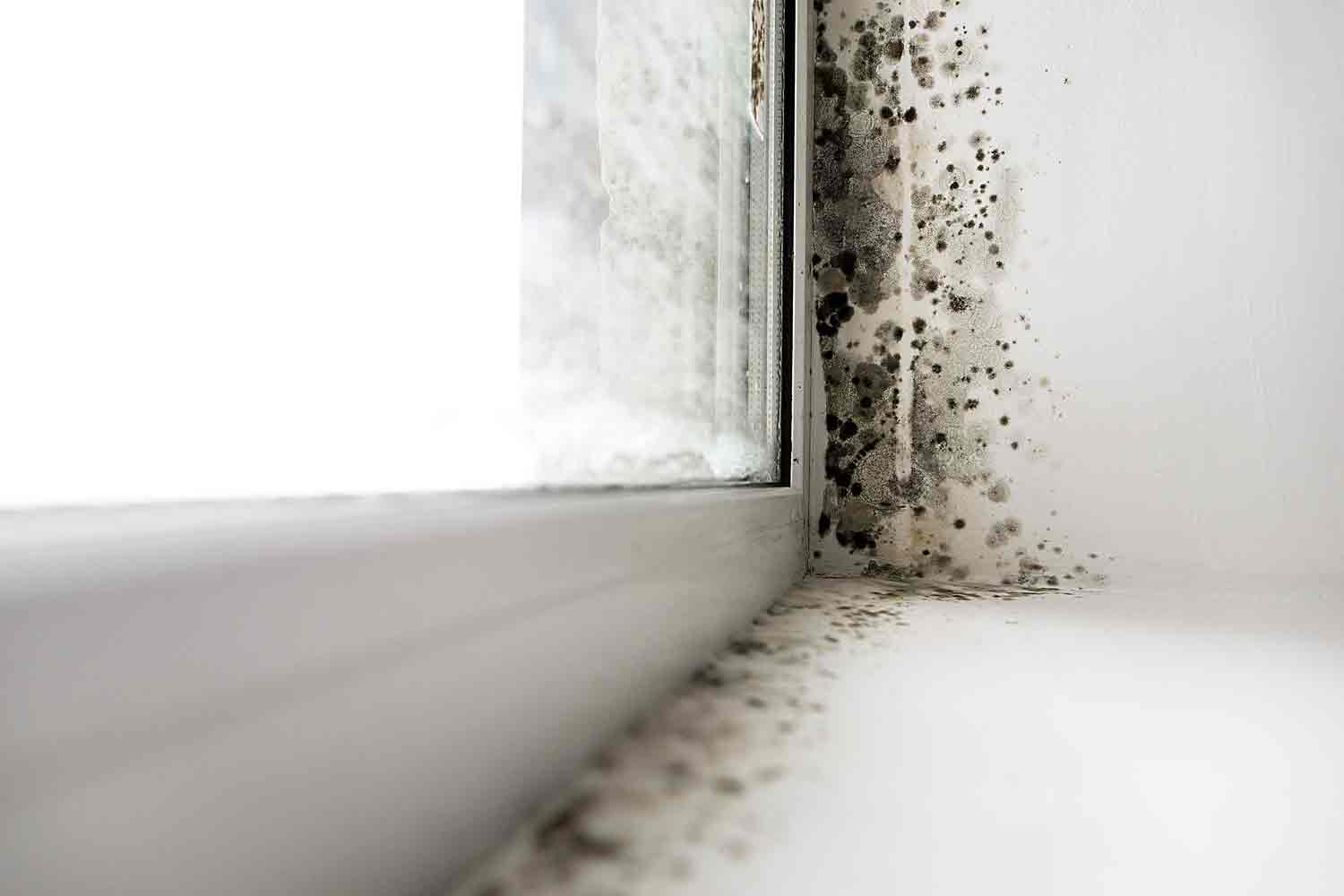
A housing association with thousands of homes in Lambeth has been hit with two separate findings of “severe maladministration” by the Housing Ombudsman.
In one case, Hyde Group left an elderly South London resident in damp and mould for 18 months following a leak, which left her without the use of her living room.
The resident had breathing difficulties, a heart condition and mobility issues.
Hyde repeatedly failed to deal with the issue with the urgency it deserved, for example taking two days to initially respond to the resident after she reported the leak that led to the floor and wall being wet in the living room and electrics not working properly.
After the landlord’s surveyor did attend, it never sent the resident information about next steps.
It took the resident sending photographs of the wall cracking due to the leak a month later for further action to be taken.
When a surveyor attended again, there was still no follow up information provided.
Four months after the initial reporting, Hyde visited, but only to conduct a mould wash. This limited action was not unusual and communication throughout with the resident was sometimes poor despite it knowing repairs remained outstanding, with one communication gap for six months.
The timings for action set out in its first response to the ombudsdman were missed by four months, and the landlord should have monitored this more effectively and kept the resident up to date as to the reasons for the delay, the ombudsman said.
The ombudsman ordered Hyde to apologise to the resident, pay £3,350 in compensation and to support the resident to make a claim against the landlord’s insurance for the damage caused to her personal belongings.
Anti-social behaviour
In the second case, Hyde failed multiple times in its handling of a resident’s reports of anti-social behaviour (ASB) from her neighbour, which contributed to the escalation of the severity of the situation.
The ombudsman said that while there were complex and challenging aspects outside the Hyde’s control, such as support agencies and the police not being responsive, more could have been done.
It did not adequately support the resident nor address her concerns that the noise nuisance was affecting her mental health each time she raised her concerns. It also had a detrimental impact on her children.
Hyde initially responded well when the incident was first reported and followed up the resident’s call with a visit from an ASB officer. However, a risk assessment was never carried out and, as the reports continued and the resident repeatedly told the landlord of the impact on her, it failed to signpost to any support agencies in reasonable timeframes.
Hyde did contact the neighbour’s mental health case worker to help with the issue.
When the police told the resident it was no longer safe for her to continuing living in the home, Hyde contacted the police on several occasions for more information but it did not do enough to reassure the resident.
Delays in contacting external agencies that could help with the neighbour’s mental health issues led to a delay in the landlord contacting the neighbour about the complaint.
Ten months after the initial reporting of ASB, the landlord told the resident it would be issuing the resident’s neighbour with a notice to seek possession.
However, the ombudsman said there is no evidence to demonstrate that it did and therefore the landlord raised the resident’s expectations without delivering or communicating as to why it did not take the action it had proposed.
These failings at key times led to significant escalations of the problem, causing distress for the resident and her children.
The ombudsman ordered the landlord’s chief executive to apologise, to pay £1,200 in compensation and to review its ASB policy in line with the learnings from this case.
Among what it learned from these cases, Hyde said it had updated its policy to deal more effectively with damp and mould issues and has reviewed its priority moves policy.






